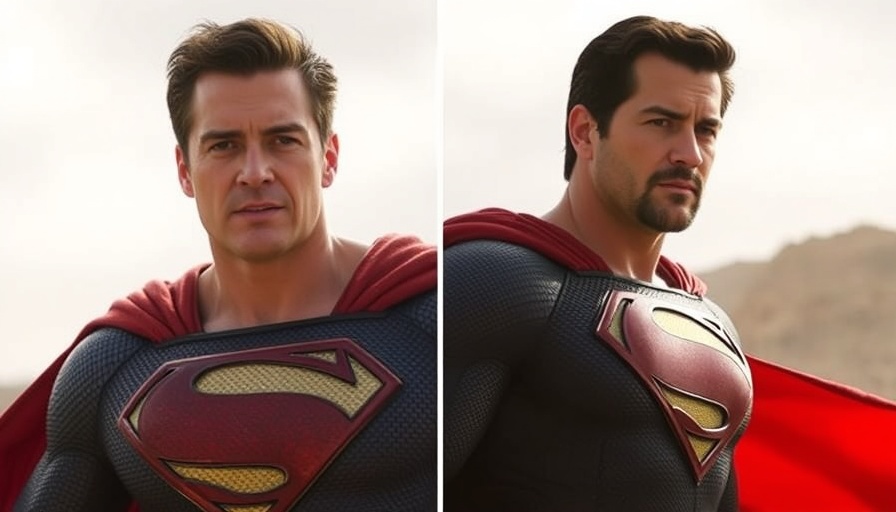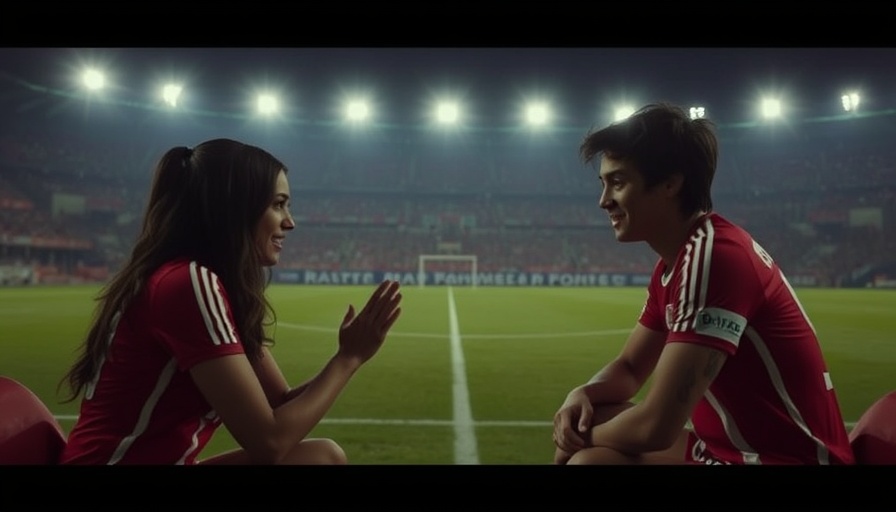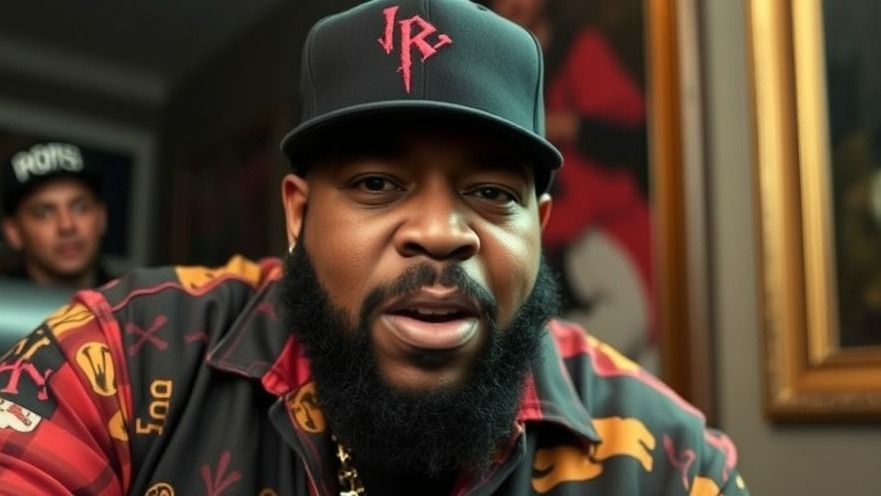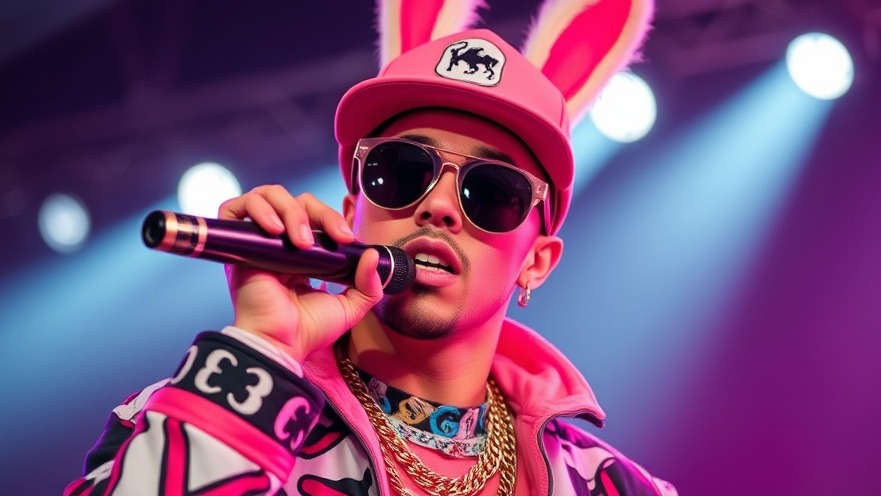
The Rise of a Woke Superman: What It Means for Today's Cinema
James Gunn’s latest rendition of Superman has surpassed the global half-billion-dollar mark, a figure that suggests it is resonating with a contemporary audience. Unlike earlier superhero narratives that often floated in the realm of absolute good versus evil, this newer version has embraced complexity, integrating social themes that some audience members are labeling as “woke.” This shift has raised eyebrows among specific political factions, particularly those on the right, who feel alienated from this evolving portrayal of iconic characters.
Dean Cain's Critique: A Nostalgic Shield
Dean Cain, known for his role in the 90s TV series Lois & Clark: The New Adventures of Superman, has emerged as a vocal critic of Gunn’s interpretation, describing it as overly political and disconnected from traditional values. Cain positions himself as a guardian of a classic, Americana-centric vision of Superman—one that seems to hark back to the days when characters upheld certain nationalistic ideals. His comments have sparked discussions about how nostalgia cloaked in patriotism can shape modern cultural dialogue.
Is There a Market for Right-Wing Superheroes?
The commentary surrounding the superhero genre raises an intriguing question: Is there a significant audience craving a distinctly right-leaning hero to offer an antidote to what they perceive as liberal storytelling? The idea of a "Superman: Border Patrol" mirrors real-world anxieties about immigration and national identity, suggesting a potent mix of entertainment and political commentary. The potential for such narratives invites creative visions—perhaps an entirely new universe featuring characters designed to battle societal ills from a conservative viewpoint.
Comparing Modern Superheroes to Historical Figures
If we look back, the comic book industry has often served as a reflection of societal values and fears, adjusting its narratives to match the zeitgeist. Superheroes like Captain America born during WWII were highly symbolic, embodying the battle against Axis powers. Similarly, today’s heroes, including Gunn's Superman, portray modern challenges like global warming and social justice. The contrast between Cain's traditionalism and the current state of superhero lore illustrates this tension in how narrative serves both escapism and engagement with pressing political issues.
Lessons in Cultural Adaptation: Superheroes as a Mirror
Superheroes have historically evolved alongside cultural changes, often offering a commentary on the prevailing societal issues. As culture shifts towards inclusivity and acknowledgment of various social issues, superhero stories are adapting accordingly. This highlights a critical lesson—narrative should reflect the times and values of its audience. Characters that can engage with current realities are likely to resonate more deeply than those that remain static.
The Future of Superhero Narratives: Will Diversity Prevail?
As we move forward, the answer hinges on whether audiences are open to superheroes embodying diverse perspectives or if there's a push toward narratives that reinforce existing ideals. Will studios invest in the gritty realities of modern life, or will there be a resurgence of traditional narratives, ushered in by figures like Dean Cain advocating for a return to conservative values? These questions will shape the future of entertainment and whether there is truly a space for various ideologies.
A Call for Cultural Dialogue in Entertainment
Narratives in cinema can serve as a significant vehicle for cultural dialogue. The vibrant conversation prompted by James Gunn's Superman and Dean Cain’s responses underscores a profound willingness to engage around sensitive topics of identity, morality, and cultural values. Viewers and creators alike should be encouraged to critically assess how stories are crafted and what ideals they project. This level of engagement benefits everyone by fostering a more inclusive dialogue.
In conclusion, as new superhero interpretations emerge, they lay down a challenge for both audiences and producers: How can stories evolve in a way that respects their roots while simultaneously addressing contemporary issues? It's an invitation to participate in reimagining heroes beyond their classic portrayals, reflecting not just the world of fantasy but the real-world struggles we face today.
Let us know your thoughts on how superheroes could evolve to reflect our current society. Share your ideas and perspectives!
 Add Row
Add Row  Add
Add 




Write A Comment